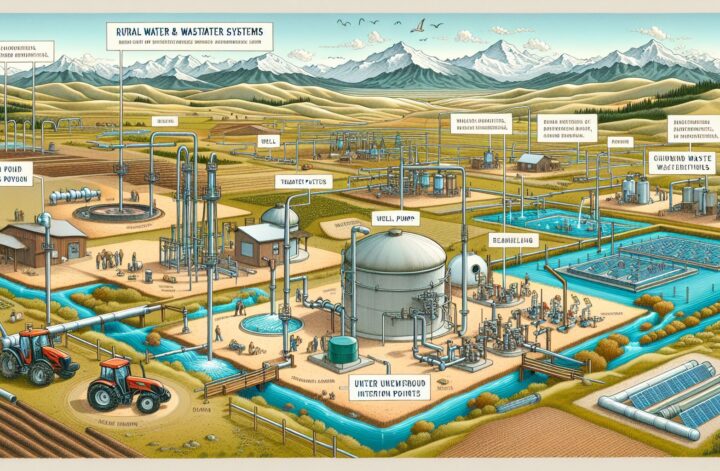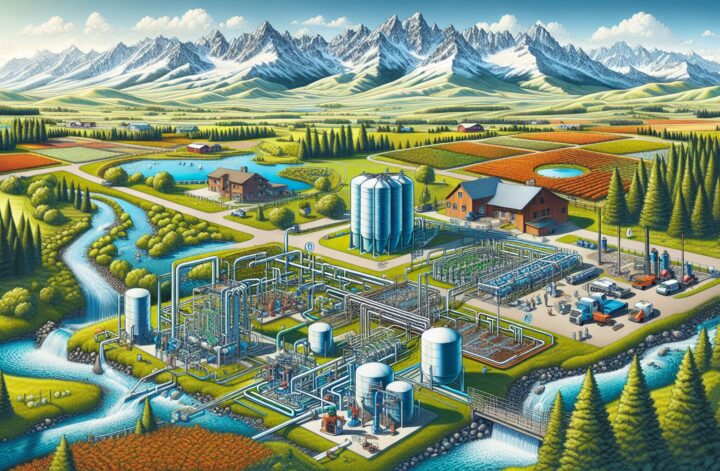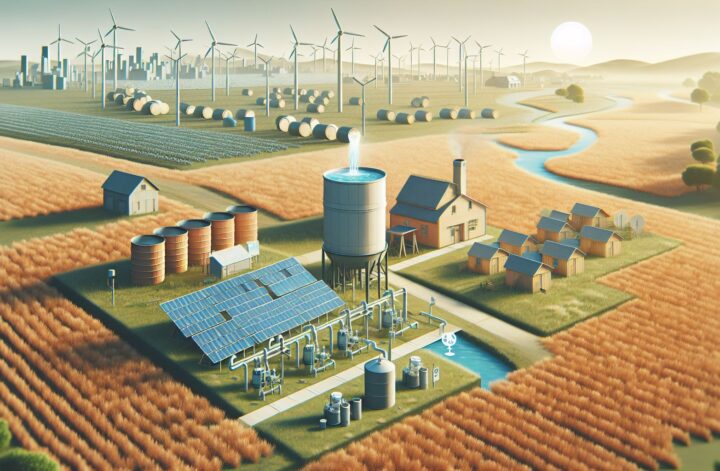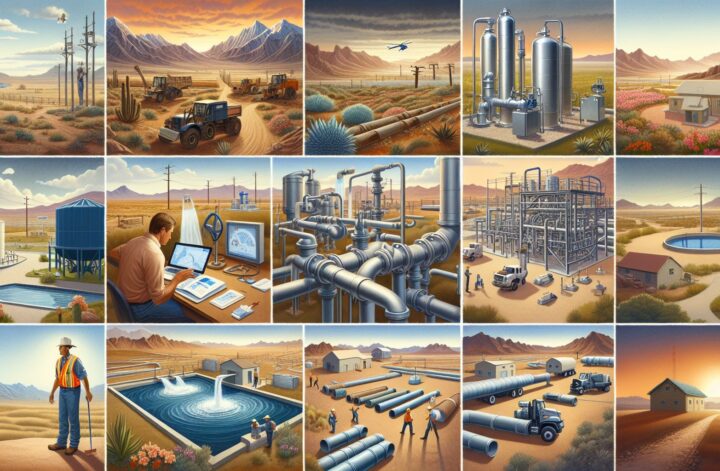Idaho, known for its picturesque landscapes, is as exciting for its natural beauty as it is demanding for its water and wastewater systems. Similarly to other states with expansive rural areas, Idaho often grapples with unique challenges when it comes to delivering clean and reliable water supplies, and managing wastewater effectively.
The rural water and wastewater systems in Idaho primarily consist of a network of water wells, on-site septic systems, and small community water treatment facilities. These systems are managed and maintained by municipalities, homeowner associations, and individual property owners.
The system’s umbrella organization is the Idaho Rural Water Association (IRWA), which provides training and assistance to small water and wastewater systems across the state. IRWA boasts more than 450 system members and actively advocates for the needs of its constituents. By providing a voice for the small communities of Idaho, IRWA aims to ensure an effective dialogue between policymakers, regulators, and rural community leaders.
One of the significant challenges facing rural water and wastewater systems in Idaho is aging infrastructure. The systems often date back several decades and are increasingly prone to mechanical failures and inefficiencies. Furthermore, due to the vast expanses of rural land, these systems often struggle with water delivery, wastewater transportation, and efficient treatment processes.
Idaho has made significant strides in improving its rural water and wastewater systems in recent years. For instance, through the Idaho Department of Environmental Quality’s Wastewater Planning Grant, funds are allocated to help small communities assess and devise plans to improve their wastewater treatment systems. Similarly, the IRWA actively promotes training programs and initiatives to improve the efficiency and reliability of rural water systems.
Given the unique nature of these systems in Idaho’s expansive rural areas, it is vital for supportive and impactful partnerships among stakeholders at different levels. This collaboration includes rural communities, IRWA, state environmental agencies, and federal agencies.
In conclusion, while Idaho’s rural water and wastewater systems have unique challenges, the state’s proactive approach and committed organizations such as IRWA contribute to improving their strength and reliability. Looking forward, further investments in infrastructure enhancements and capacity-building will continue to be instrumental in providing clean, safe water and efficient wastewater management in rural Idaho.
Sources:




